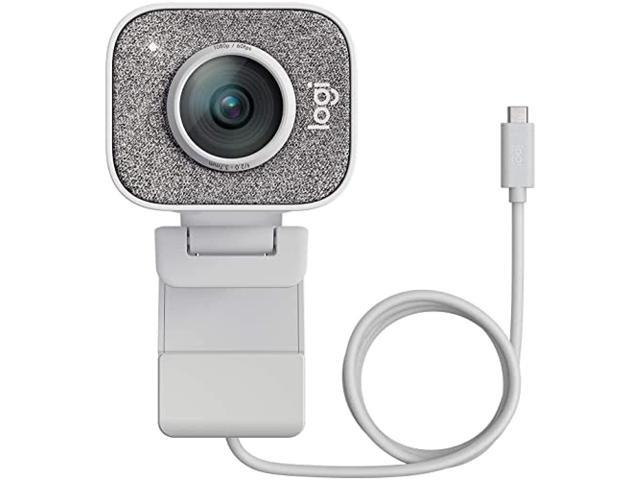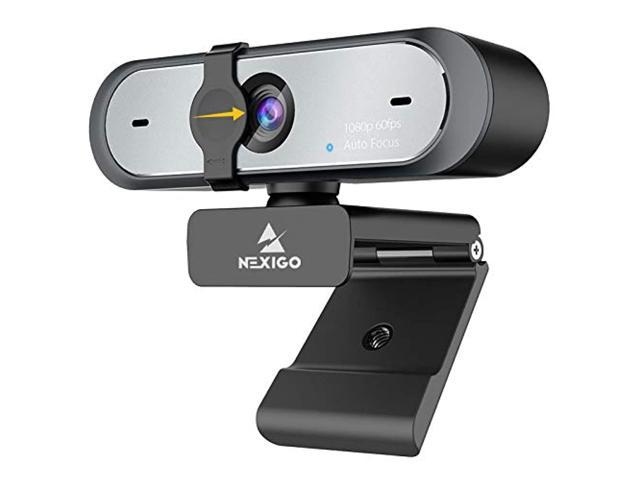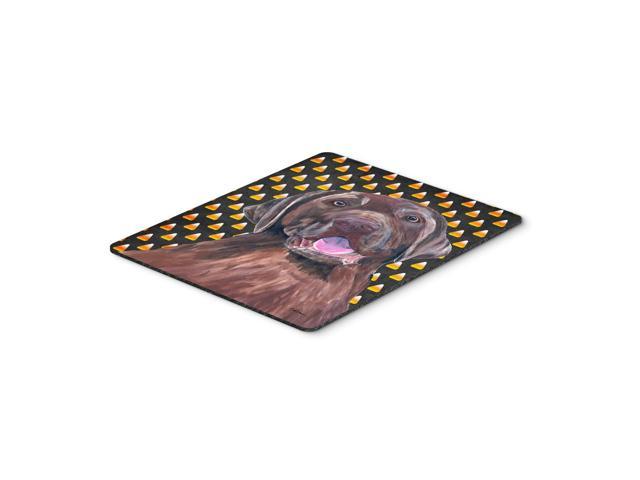Despite the popularity of Skype with video many of us are still figuring out how to ''do'' it. Interviews reveal that we can now run the programme but we are less certain about how to ''perform'' in front of the webcam. Seeing ourselves in the box on the side can feel strange. We are not quite sure which bits of our bodies to display on the screen, how much to move around the room, or move the device around the room. Is it acceptable to use Skype with video at a funeral, in crowded spaces or while in bed? This book addresses how people are emotionally and affectually connecting with others audio-synchronously on the screen in a variety of different spatial contexts. Topics include Skype with video being used by grandparents to connect with grandchildren, friends and family using it for special occasions, and partners using it for romance and sex. Theories addressing bodies, gender, queerness, phenomenology and orientation inform the research. It concludes that while Skype does not offer some kind of utopian future, it does open up possibilities for existing power relations to be filtered through new lines of sight/site which are shaping what bodies can do and where.















